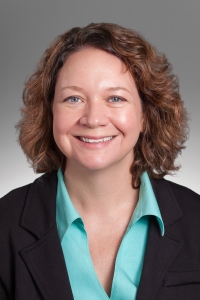GERD/Acid Reflux Surgery
Also known as acid reflux, gastroesophageal reflux disease (GERD) surgery is a permanent solution for patients suffering from chronic acid reflux. Surgeries are usually performed laparoscopically, which means small incisions, so a patient will have less scarring and a faster recovery.
What is GERD/Acid Reflux Surgery?
The goal of GERD surgery for moderate to severe heartburn is to recreate the one-way valve effect so that acid no longer gets into the esophagus. These surgeries are performed in one of our state-of-the-art operating rooms and are usually laparoscopic. Dr. Grieve performs the Nissen Fundoplication procedure for acid reflux patients, as well as the hiatal hernia repair. Most patients can go back to work and resume their normal routine in about 2 to 3 weeks with laparoscopic surgery.



